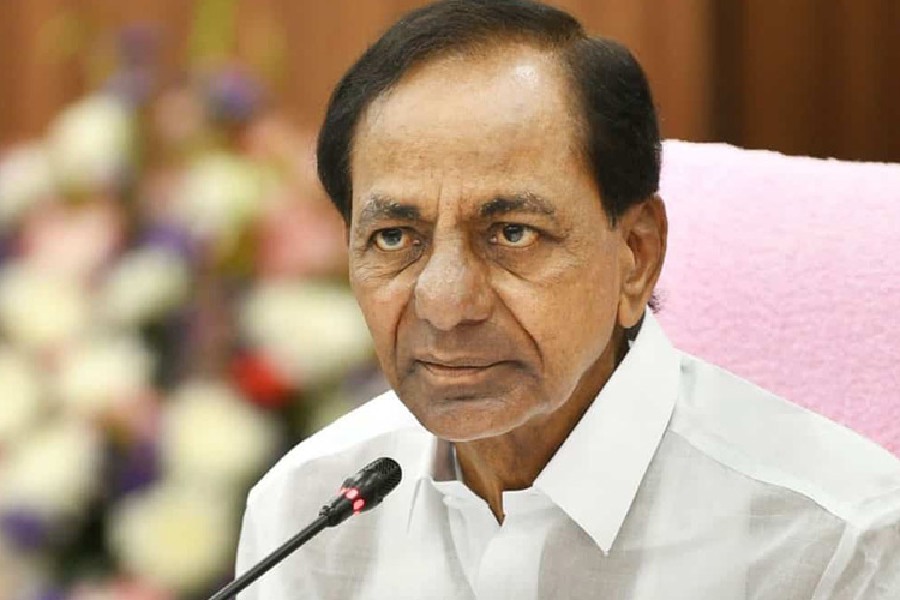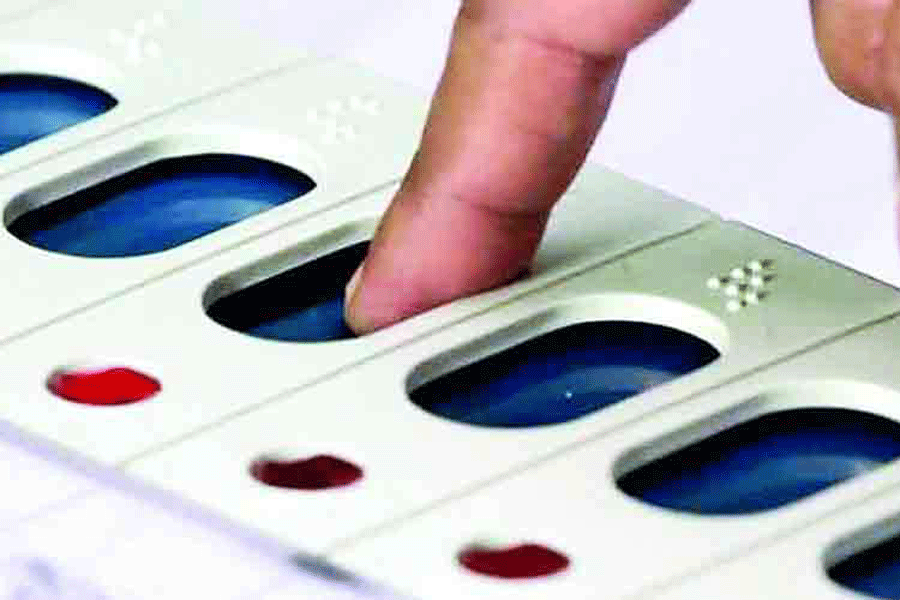The ruling BRS will have to battle anti-incumbency and fight a rejuvenated and confident Congress and an aggressive BJP in the November 30 Assembly polls as it aims for a hattrick of electoral wins riding on its track record in areas including investments and law and order.
Chief Minister K Chandrasekhar Rao-led Bharat Rashtra Samithi (BRS) formerly known as Telangana Rashtra Samithi (TRS) will slug it out for the third time after winning the polls in 2014 (in united Andhra Pradesh) and again in 2018.
The state's opposition parties have alleged corruption in various BRS government projects.
Here is a SWOT (Strengths, Weaknesses, Opportunities, and Threats) analysis of the BRS .
STRENGTHS
KCR is recognised as the sole achiever of statehood for Telangana. Some of the government schemes, such as Rythu Bandhu and KCR Kits, have earned him goodwill. There is a remarkable change in rural and urban infrastructure and healthcare in the state since his government took over.
Announcement of the party’s candidates well in advance , even before the poll schedule is out, gave BRS nominees a headstart .
BRS government is known as investor-friendly, and the state has attracted huge investments in the past nine years of its rule.
KCR has led a stable government, which has a solid track record of maintaining law and order in the state.
Hyderabad City, which accounts for almost one-fourth of the total state population, has been recognised as a global city under KCR's son and IT Minister KT Rama Rao’s direct supervision.
The party’s organisational structures have been strengthened at the grassroots in the past nine years.
BRS is cash rich and has no dearth of funds.
Has a solid base of minority votes.
WEAKNESSES
Several sitting BRS legislators are facing anti-incumbency and dissidence within the party.
Allegations of KCR’s 'family rule' and corruption charges against CM Rao's daughter, K Kavitha, may become a poll issue.
The resounding victory of the Congress in the Karnataka Assembly polls has changed the political narrative, with the grand old party brimming with confidence while a bruised BJP appears not so formidable in the southern state. This may reduce the vote split, leading to consolidation of opposing votes to one party - Congress.
OPPORTUNITIES
Relatively weak opposition parties, as many of the leaders and legislators belonging to Congress have switched sides. Internal bickering in both Congress and BJP.
The BJP lost the tempo that was created by former party chief Bandi Sanjay Kumar. His being replaced with Union Minister Kishan Reddy is seen as a weakness for the party locally.
If the Opposition vote is split evenly between Congress and the BJP, the triangular contest will be advantageous for BRS.
THREATS
Unyielding BJP and its tough-to-be-tamed leadership.Some of the schemes such as agricultural land to SC and ST and two-bedroom housing scheme are incomplete. Opposition may make this a poll issue.
Dalit Bandhu scheme under which Rs 10 lakh is given to SC families may create discontent among other sections. Kavitha’s name is mentioned in a charge sheet filed by the ED in the Delhi Excise Policy case.
This may come to haunt the party. Party’s name change from TRS to BRS may be projected as giving up Telangana’s identity which has been at the core of its politics hitherto.
A general feeling among the public that there is a tacit understanding between BRS and BJP may hurt the party's poll prospects. BRS is blamed for not preventing TSPSC paper leak.
Except for the headline, this story has not been edited by The Telegraph Online staff and has been published from a syndicated feed.












